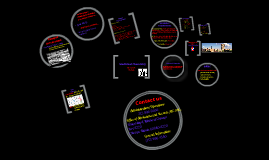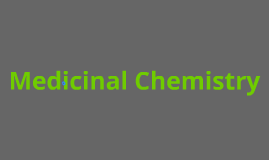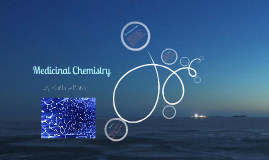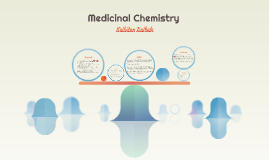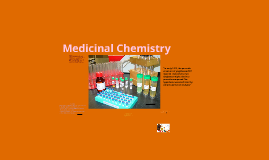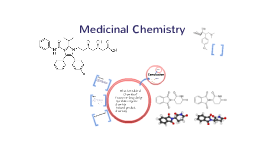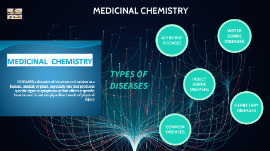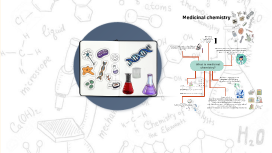Medicinal Chemistry
Transcript: Medicinal Chemistry Education Classes like: anatomy, biochemistry, pharmacology, microbiology, pathology, etc. Bachelor's Degree in pharmacology, organic chemistry, or medicinal chemistry. To develop your own experiments, you must get a PhD. Where to work Universities Little supervisions, must write grants for funding, can lead teams of technicians and undergrad assistants. Government Agencies Carry out clinical trials, conduct research on human test subjects, can work for places like the FDA. Private Industries Limited freedom to choose experiments, develop pharmaceutical drugs, companies place strong emphasis on getting products developed. Work Environment Most medicinal chemists work in offices or labs. Spend their time studying data and reports or conducting research and experiments. Many write reports in findings that may be put out to the public. May work on their own research and experiments or in a group. Medicinal chemists produce, formulate, and analyze new drug compounds. Also work on improving already existing drugs. Job Outlook: For now, job growth is very slow, but expected to increase within several years as need for research and medicine increases. Salary: Average salary is about $76,000.






